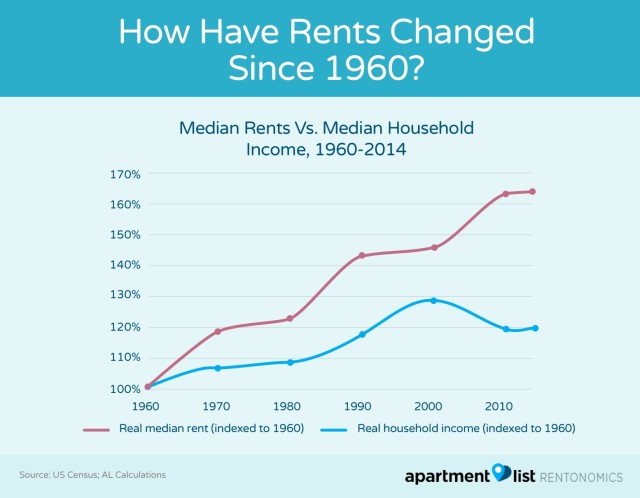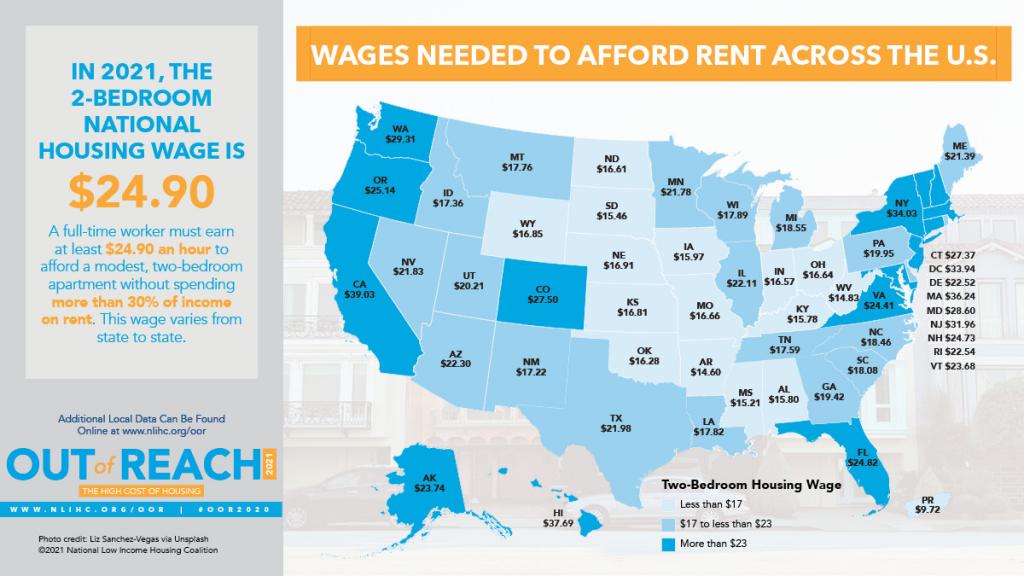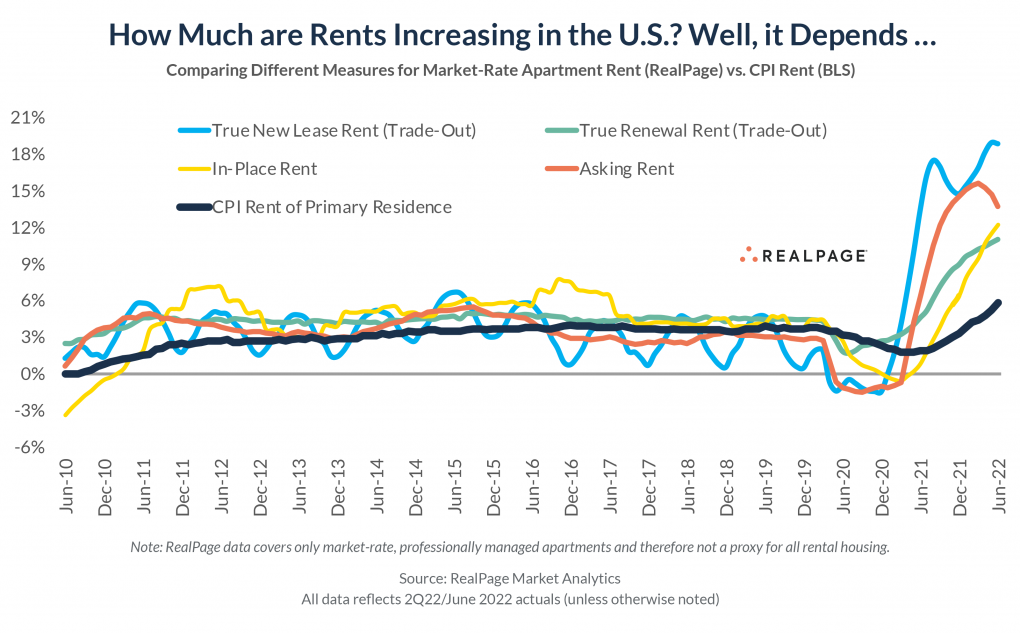Greystar’s $50M Deal in RealPage Case: When Greystar, the largest apartment manager in the United States, agreed to a $50 million settlement in the RealPage rent-pricing lawsuit, the news sent a jolt through the rental housing world. For renters who have been battling steep rent hikes and for landlords who rely heavily on software to guide pricing, this isn’t just another headline—it’s a potential turning point for the U.S. rental market. This settlement is about more than one company writing a big check. It’s about how technology, data, and the law collide in ways that affect millions of Americans’ monthly budgets.
Table of Contents
Greystar’s $50M Deal in RealPage Case
The Greystar $50M settlement in the RealPage lawsuit is more than a legal battle—it’s a watershed moment for the U.S. rental market. With regulators cracking down on algorithmic rent-setting, renters may finally see a break from lockstep price hikes, while landlords will need to get more creative and transparent in their strategies. This case also serves as a warning across industries: algorithms are not above the law. As AI tools shape more of our economy, oversight and accountability will be crucial.

| Point | Details |
|---|---|
| Settlement Amount | Greystar agreed to pay $50M |
| Total Industry Settlement | Combined, landlords will pay $141M+ |
| Case Focus | Alleged rent price-fixing through RealPage software |
| Impact | Disruption in algorithmic pricing models across housing |
| Law at Play | Sherman Antitrust Act, which bans collusion |
| Reference | DOJ Case Info |
What Is the RealPage Lawsuit All About?
RealPage, based in Texas, created a software program that promised landlords the ability to set “optimal” rents. It pooled data from thousands of apartments and recommended pricing strategies designed to maximize profits.
In theory, this sounded like a smart tool. But when multiple landlords in the same city used the same software, tenants started to notice something strange: rents began rising in unison, with very little competition in pricing.
That’s where the Department of Justice (DOJ) stepped in, arguing that this practice looked a lot like price fixing, even if it wasn’t happening in the traditional backroom way. The case alleges that landlords were essentially colluding through a third-party algorithm, creating what some analysts call a “digital cartel.”
Why Greystar’s $50M Deal in RealPage Case Matters to Renters and Landlords?
For Renters
If you’re one of the 44 million renters in the U.S., this case could directly affect you. When landlords use the same algorithm to set prices, the result is uniformly high rents with little room to bargain. Without this tool, landlords may have to compete more aggressively, meaning lower rents, better move-in deals, or added perks.
For Landlords
Landlords—especially large property managers—will have to rethink their playbook. Without RealPage’s powerful algorithm, pricing strategies may revert to more localized methods. While this could reduce profit margins, it might also encourage creativity in attracting tenants, such as flexible leases, waived fees, or free amenities.
City-by-City Impacts
Dallas, Texas
Dallas, where RealPage is headquartered, saw rents jump more than 20% between 2021 and 2022. With Greystar managing thousands of units locally, this settlement could reset the competitive balance, giving tenants in booming neighborhoods like Uptown more options.
Seattle, Washington
Seattle’s tech-driven housing market has long faced affordability issues. RealPage’s influence here was strong, with reports showing that units priced by the software often came in above local averages. If landlords scale back, renters in areas like Capitol Hill and Ballard may find new opportunities for negotiation.
Atlanta, Georgia
Atlanta rents have skyrocketed—30% since 2019 according to Apartment List. If landlords can no longer rely on a centralized pricing system, neighborhoods such as Midtown and Decatur could see more diverse pricing strategies, leading to competitive deals.
Phoenix, Arizona
Phoenix became one of the fastest-growing rental markets during the pandemic. RealPage’s software was widely used here, driving double-digit hikes. As landlords back away from algorithmic tools, expect greater variation in rents, which may give tenants more leverage in popular suburbs like Tempe or Scottsdale.

Historical Context: Rents Outpacing Wages
This lawsuit is part of a bigger story: the widening gap between rent and wages. According to Harvard’s Joint Center for Housing Studies:
- Nearly 50% of U.S. renters are now considered cost-burdened, meaning they spend over 30% of income on rent.
- From 2010 to 2023, median rent rose by 31%, while wages grew by only 18%.
- In cities like New York and San Francisco, renters often spend 40–50% of income on housing.
The RealPage software, critics argue, only intensified this affordability crisis by suppressing competition.
The Legal Angle: How the Sherman Act Fits In
To understand why the DOJ cares so much, let’s break down the law:
- The Sherman Antitrust Act (1890) bans companies from colluding to set prices.
- Price fixing doesn’t require a secret handshake in a smoke-filled room. If companies share sensitive data or use tools that lead to uniform prices, that too can be illegal.
- The DOJ believes RealPage created a hub-and-spoke model, where the algorithm acted as the hub and landlords were the spokes, all feeding into one system that reduced competition.
This settlement, while not an admission of guilt, shows that landlords are starting to back away from practices regulators see as anticompetitive.

Practical Advice for Renters
- Compare Broadly – With more variation in rents, check multiple platforms like Zillow and Apartments.com.
- Negotiate Terms – Ask for concessions like free parking, reduced deposits, or waived application fees.
- Watch Vacancy Rates – Higher vacancies give you bargaining power. Track local reports from city housing agencies.
- Join Tenant Groups – Organizations often share resources and updates on rent control or legal changes.
Practical Advice for Landlords
- Stay Compliant – Avoid sharing private pricing data with competitors.
- Focus on Market Research – Pay attention to hyper-local demand signals like job growth, school districts, or transit expansions.
- Differentiate Your Properties – Offer value beyond price: community events, flexible pet policies, or short-term lease options.
- Build Trust – Transparency and good tenant relationships can improve retention and reduce legal risks.
Expert Insights
- ProPublica reported that RealPage clients often charged above-average rents compared to landlords not using the software.
- Legal scholars have warned that algorithmic collusion is the “new frontier” of antitrust enforcement.
- Housing advocates believe this case could open the door for greater regulation of AI in real estate and beyond.
The Future Outlook
Short-Term (1–2 years)
- Expect landlords to test new pricing tools or fall back on traditional strategies.
- Renters may see slight relief in overheated markets.
Medium-Term (3–5 years)
- Courts and regulators will likely set new guidelines for algorithmic pricing.
- The DOJ’s ongoing lawsuit against RealPage could result in stricter settlements or even bans on certain practices.
Long-Term (5+ years)
- This case could set a precedent for AI oversight across industries, from airlines to healthcare.
- If lawmakers act, we could see new legislation around data sharing and pricing algorithms.

Senator Reveals Trump’s Secret Plan to Slash Tariffs for U.S. Vehicle Production
Trump Just Reinstated $187 Million for NYPD; Here’s Why It’s Sparking Major Controversy
















